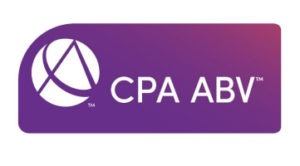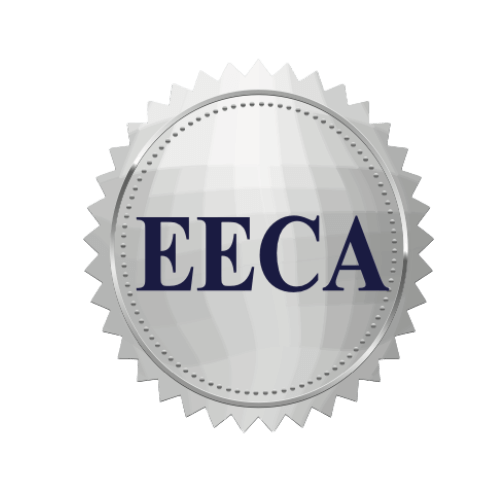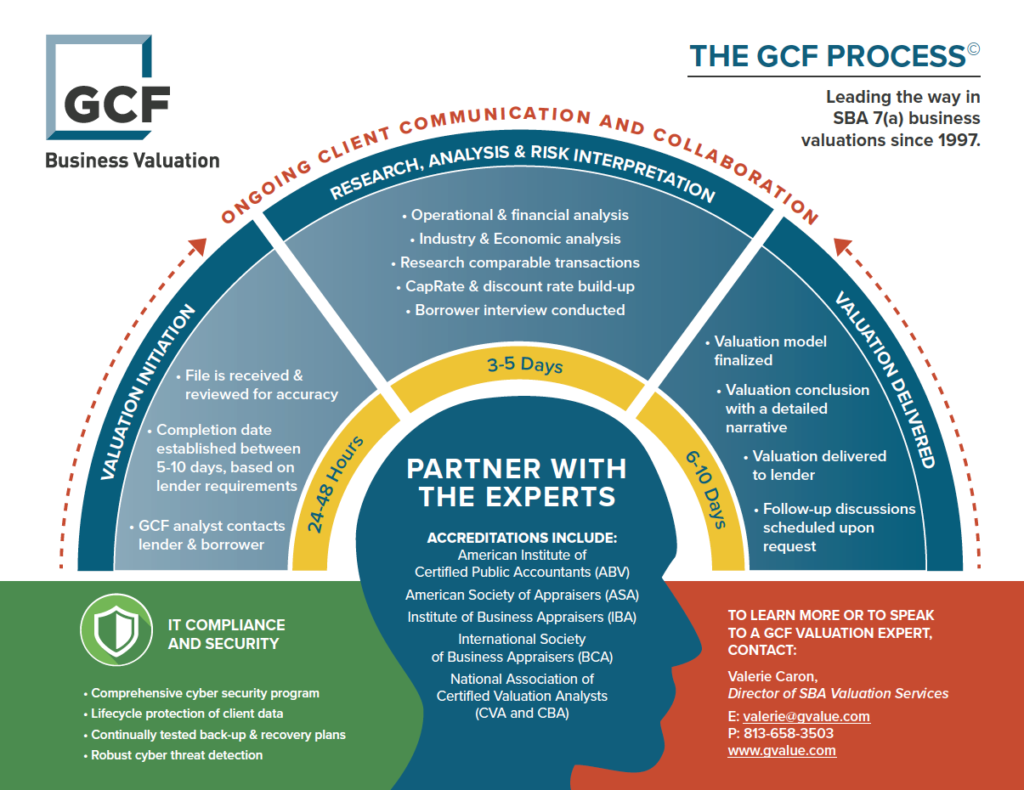
How To Navigate The Business Valuation Process Successfully
The prospect of getting a valuation for your business can be a daunting one, especially if the process is new to you and your organization. There’s usually a lot on the line—and while you know what makes your business tick, you may have valid concerns about how well a third party can capture your story and present it to others for fair and reasonable consideration. The purpose of this guide is to remove opacity from the valuation process. Valuation should not be a black box that involves mysterious weightings and factors, and outcomes that you are unable to trace back to performance and other fundamentals you understand so well. Rather, your valuation should provide welcome and objective illumination about your business as a whole. Done right, your valuation is much more than just a report that serves the needs of a lender or other entity requesting it as part of their due diligence. It can be a critical tool to support your plans for growth or future business transition.
Business Valuation Process
In this guide, you'll find the answers to the important business valuation process questions. What goes into a business valuation, and why do you need one? What drives small business value? What are valuation “X” factors and how do they impact the overall business appraisal? Does professional expertise, insight, and industry experience factor into the overall worth of a company? How to arrive at a business valuation that all parties can stand behind?
Common scenarios where a business valuation would be needed:
- SBA Lending
- Listing a Business for Sale
- Business Planning
- ESOP
- Gift Tax / Estate Tax
- Corporation Tax Filing Status
- Partner Buy-Outs / Disputes
- Marital Dissolution
Keep learning about Business Valuations
- Why & When You Need a Business Valuation
- Different Types of Business Valuations
Business Valuation Accreditation
Your GCF Business Valuation appraisal team has one or more of the following business valuation accreditations:
 Accredited Senior Appraiser (ASA) - is recognized as having achieved the highest level of education, training, and report writing for business valuations. The ASA designation is the gold standard for a business valuation professional. (source: American Society of Appraisers)
Accredited Senior Appraiser (ASA) - is recognized as having achieved the highest level of education, training, and report writing for business valuations. The ASA designation is the gold standard for a business valuation professional. (source: American Society of Appraisers)
 Certified Business Appraiser (CBA) - a very prestigious credential in the eyes of all who are familiar with it as it earned the reputation of being a difficult credential to obtain. (source: National Association of Certified Valuators and Analysts®)
Certified Business Appraiser (CBA) - a very prestigious credential in the eyes of all who are familiar with it as it earned the reputation of being a difficult credential to obtain. (source: National Association of Certified Valuators and Analysts®)
 Certified Valuation Analyst (CVA)
Certified Valuation Analyst (CVA) Accredited in Business Valuation by the American Institute of CPAs (ABV by AICPA) - a credential granted exclusively by the AICPA to qualified valuation professionals who demonstrate expertise in valuation through knowledge, skill, experience, and adherence to professional standards. (source: American Institute of CPAs)
Accredited in Business Valuation by the American Institute of CPAs (ABV by AICPA) - a credential granted exclusively by the AICPA to qualified valuation professionals who demonstrate expertise in valuation through knowledge, skill, experience, and adherence to professional standards. (source: American Institute of CPAs)
- Accredited in Business Valuation (ABV) - credential is granted exclusively by the AICPA to CPAs and qualified valuation professionals who demonstrate considerable expertise in valuation through their knowledge, skill, experience, and adherence to professional standards. (source: American Institute of CPAs)
- Certified Public Accountant (CPA)
Over 25 years of experience and expertise in business valuations and appraisals. An accredited appraiser receives extensive training, remains in good standing, and follows specific industry practices to determine the value of a business.
GCF's Machinery and Equipment Appraisal Accreditations
 Expert Equipment Certified Appraiser (EECA) - Our appraisers are recognized with a deep understanding of valuation principles and extensive experience by the Institute of Equipment Valuation.
Expert Equipment Certified Appraiser (EECA) - Our appraisers are recognized with a deep understanding of valuation principles and extensive experience by the Institute of Equipment Valuation.
- Certified Machinery and Equipment Appraiser (CMEA) - a CMEA professional has the expertise and certification to conduct a third party machinery and equipment appraisal.
The GCF Business Valuation Process


